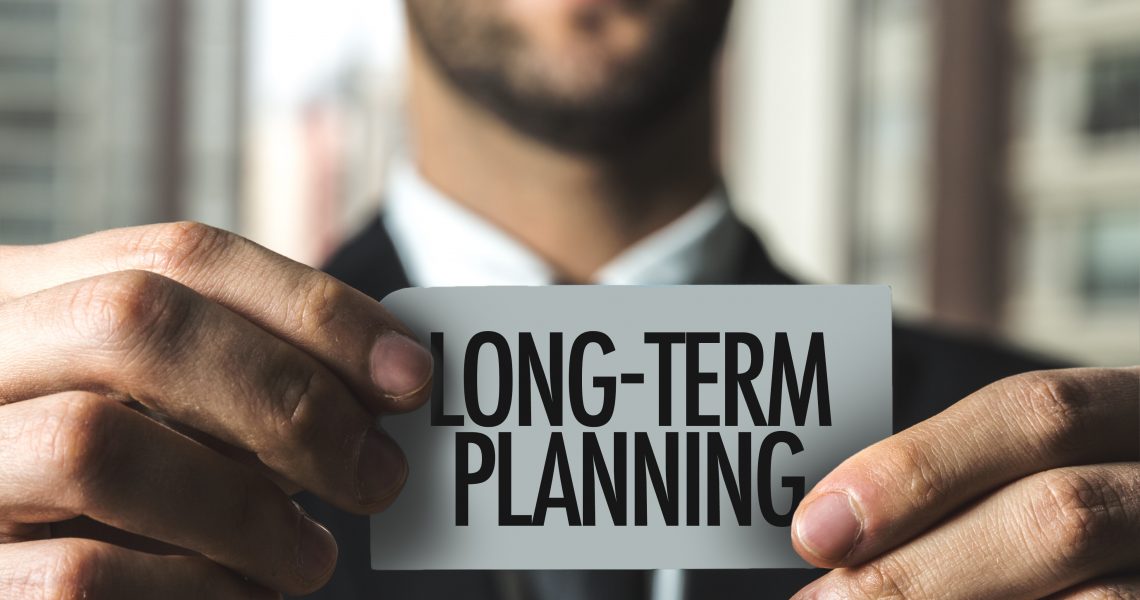Tips for Long-Term Investors
By Jennifer Day
That may seem like a pretty simple answer, but for the most part, you should never sell your stocks or investments because markets are tumbling. Yes, the markets (and recent world events) have been a roller coaster of ups and downs, but long-term investors should expect that to happen from time to time. Frankly, this time it does seem extreme.
Still, it is important not to focus on the short-term noise. Although recently that noise has been a loud clamoring, markets will always go up and down and nobody can say with certainty where it will be tomorrow. However, over time the markets always tend to go up.
In the meantime, those gut-wrenching ups and downs can cause you to worry or even panic about your money invested in 401(k) plans or other investment accounts. The best advice I have heard is this — the worst investing decisions are made from fear; don’t sell-off your investments during a down cycle.
In March, CNN Business spoke with five top money managers to get advice about how to navigate stormy markets and find out how investors are managing during these choppy times. All of them said now is a good time to reassess your goals and investing strategy — but not to panic and rush into bonds or cash. For most investors, especially younger ones, stocks will give you the best chance of solid returns over the long haul. It’s depressing to see your portfolio drop by 10%, 20%, or who knows what percent, but the best way to avoid that is to not check in very often. You should know what you own and hopefully have some cash on hand to buy shares of companies you believe in at a down-market discount. If you invest for the long-term, then you own companies that you believe in. Those brands may be disrupted by the current crisis, but this too shall pass (eventually).
Do anything but look at your holdings.
Instead of stressing about account balances you should check your risk tolerance. Risk tolerance is the level of exposure to loss that an investor can handle, especially during nerve-wrecking ups and downs in the market.
Many investment firms, financial advisers and automatic online investing platforms try to gauge investors’ risk tolerance by asking them simple questions. There are a few factors that go into calculating how much risk should be in a portfolio, including age, expected retirement date and how much money an investor expects to need in the future.
Young investors are usually encouraged to have their portfolios in mostly risky investments, such as equities, because time is on their side and their portfolios can afford to handle downturns. Older investors nearing retirement are usually cautioned to downsize the risk in their portfolios, but sometimes told they should still have some “riskier” investments in the portfolio so that it continues to grow through the next few decades of their lives in retirement.
History says you’re smart to buy during any dip in the stock market. All we can do is remain calm and carry on the best we can. But the market historically always bounces back. That may take weeks, months, or even years. Eventually, however, this will hopefully be a financial crisis we look back upon and wonder why we worried so much. That sounds absurd now, but that has been the pattern many times over.
The only advice I can give is: Try to ignore the financial news. Try to do nothing. And wash your hands.
Last modified: May 12, 2020










